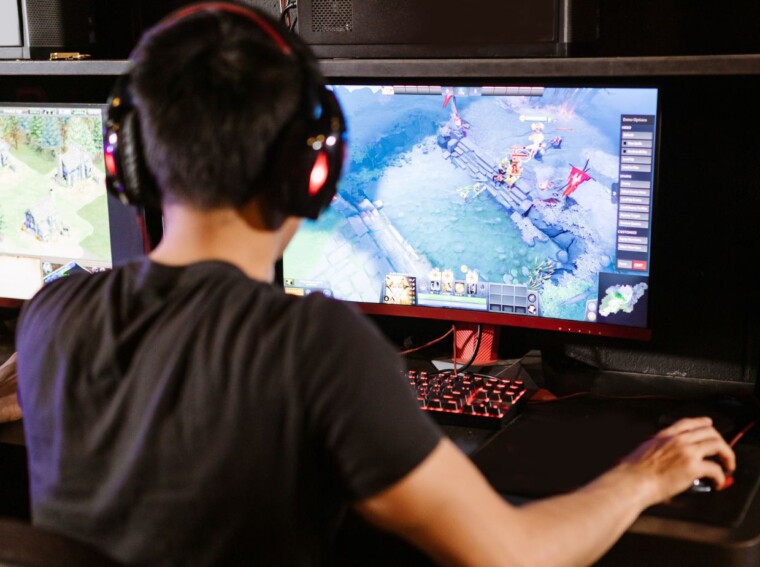Although the main goals of gaming are enjoyment, escape, and personal challenge, many players find it impossible to resist the urge to cheat in single-player games. Cheating is a big part of gaming culture. Players often use console commands for unlimited health. They might exploit in-game bugs for endless money or activate god mode. Players are enticed to break the rules, especially when no one is looking, even on sites like Slotsgem where fairness and chance control the experience. However, even when there is nothing at risk, why do we cheat? You might be surprised to learn that the causes are more psychological.
The Power Fantasy
Gaming is really about control. Financial difficulties, physical limits, and social constraints are just a few of the challenges we face in real life. However, these obstacles vanish in a video game. Cheating boosts the feeling of control. It makes players feel like powerful gods, even in places where they usually face limits.

Consider the iconic Grand Theft Auto video game franchise. For the thrill of chaos, players have two choices. They can either struggle through missions to earn money and weapons. Or, they can enter a cheat code. This gives them a five-star wanted level, lots of weapons, and endless cash. Cheating in video games has a clear appeal. It lets players do things they can’t do in real life. This satisfies a strong desire for power, and they don’t face real-world consequences.
Trying New Things and Being Creative
For a lot of players, cheating is about pushing the limits of the game rather than just making it simpler. Some people use cheats to push the limits of a game’s physics, mechanics, or AI. This helps them create their own fun.
In essence, Minecraft’s creative mode is an inherent hack that allows users to construct anything they can think of. Players can use cheat codes in The Sims to get infinite money. This gives them many options for storytelling and home design. These types of cheating aim to foster innovation and independence rather than eliminate the obstacle.
Resolving Inequitable Design
Not every cheat is done for enjoyment; occasionally, it’s a reaction to subpar game design. For example, older games were notoriously hard, frequently to make them seem longer than they actually were. Some games have annoying mechanics, scenarios that couldn’t be won, or even plain faults that prevented progress before the days of patches and updates.

Cheats were an essential workaround. Without the renowned Konami Code, which awarded additional lives, it was almost impossible to beat games like Contra on the NES. In some situations, single-player exploits assist players in getting beyond annoying mechanics or difficulty spikes that could otherwise make the game less enjoyable.
The Absence of Repercussions
The fact that there is no penalty for cheating in single-player games is one of the main causes. In contrast to multiplayer games, where cheating can result in bans and disrupt the experience for other players, single-player cheats take place in a private setting. Gamers are free to alter their experience as they see fit without impacting others.
Additionally, others contend that since single-player games are subjective, players ought to be allowed to interact with them in any way they see fit. Who’s to claim someone is playing a game “wrong” if they wish to use invincibility mode so they can easily finish the story?
In summary, cheating in single-player games is more about freedom, exploration, and enjoyment than it is about dishonesty. Cheats let players engage with games in new ways. They can skip the grind, bypass tough challenges, or create chaos. The urge to cheat is normal since there are no real-world repercussions; it’s only an extension of the illusion that video games offer.
Ultimately, gaming is about having fun, and it is completely up to the players to decide how they want to spend their time. Single-player games are great because you can play your way. You can use cheat codes or take your time and play fair.

